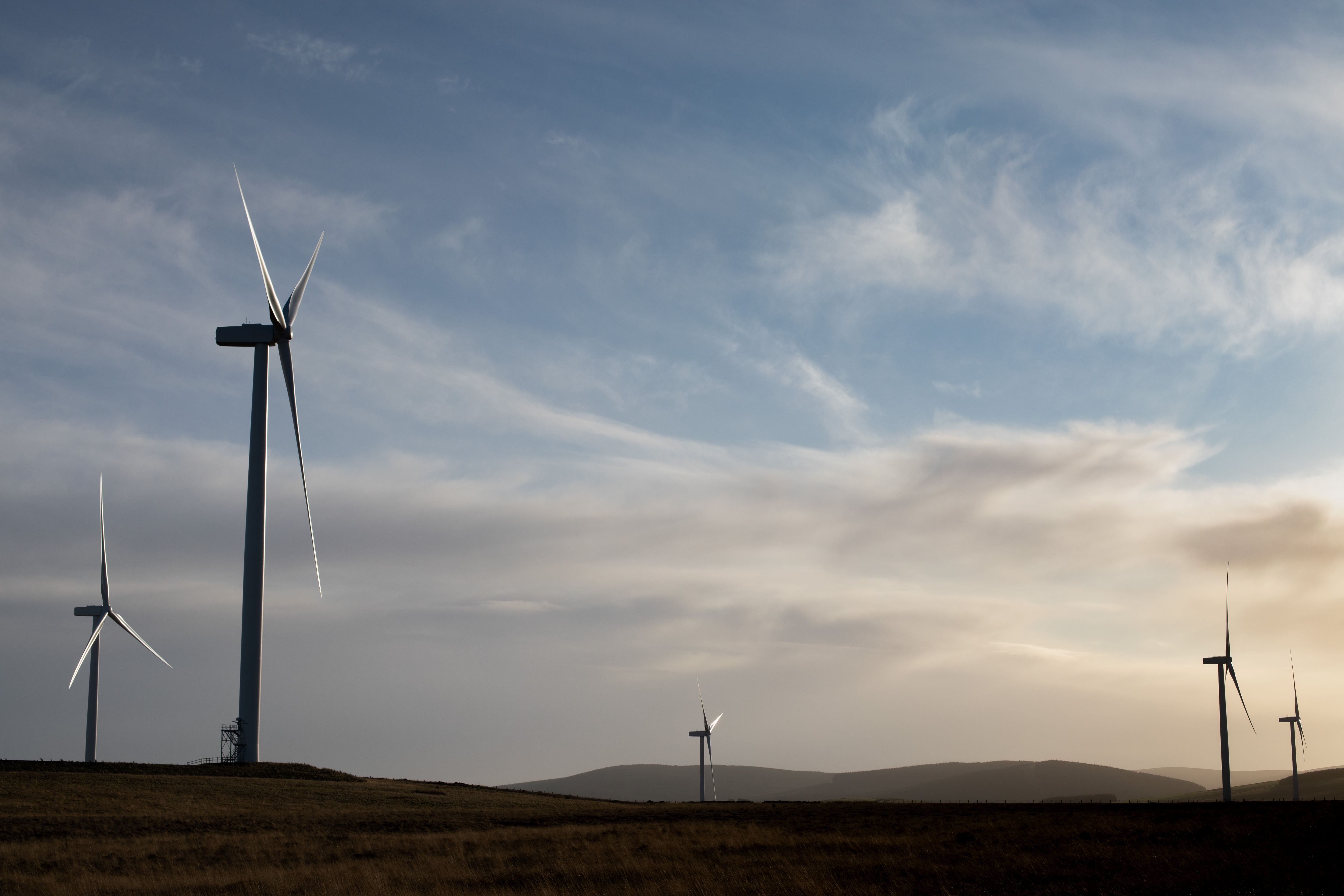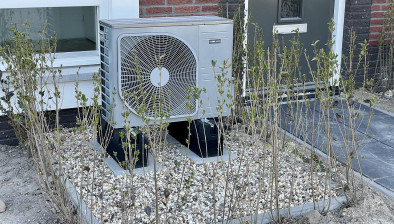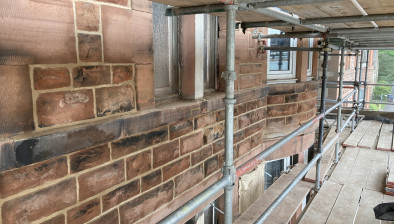‘Billions at stake’ as UK falls behind in the race for wind manufacturing

The UK is currently missing out on thousands of jobs and billions for the economy due to its slow pace at manufacturing and installing offshore wind farms, according to a new report from IPPR.
At the current pace of installation, the UK will miss its 2030 offshore wind target by a generation. The think tanks say the UK needs to triple the rate at which it installs offshore wind farms to get on track.
While there are a few reasons for the UK’s failure to install an adequate number of offshore wind farms, in the near future a critical barrier will be the nation’s low levels of manufacturing during a period of increasing global supply shortages.
The report highlights that in every major component of the wind supply chain – nacelles, blades, towers, foundations, cables – the UK fails to be in the top three European nations in terms of manufacturing capacity. The UK fails to host any nacelle manufacturing facility or any major player specialised in wind towers.
In the past, this has represented a missed economic opportunity. If the UK had exploited its huge market for wind installation to the same extent as other leading European nations in wind manufacturing (such as Denmark, Germany and Spain), it would have generated up to an additional £30 billion between 2008 and 2022.
Despite current manufacturing output, the UK actually has a unique competitive advantage and is well positioned to increase its specialisation in wind manufacturing due to its pre-existing related green industries, the prospective size of its wind deployment market, and the distinctive innovation ecosystem in the sector.
The UK could reduce its import and energy dependence, while reviving its manufacturing industry, by producing more wind components domestically. To capture the economic benefits of this, IPPR argues that in less than five years the UK can and should build at least one additional blade factory, two new nacelle and tower factories and two extra foundation factories.
An investment of £3.2bn in UK manufacturing facilities could generate tens of thousands of direct and indirect jobs, particularly in small and medium businesses.
The report says that the failure to capitalise on this opportunity would put net zero at risk, undermine the UK’s energy independence, and miss an open goal for economic growth.
The report makes a number of policy suggestions, including for the government to:
- Fix the current demand problem by ensuring developers have long-term contracts, with the introduction of non-price criteria in Contracts for Differences (CfDs)
- Support businesses to expand capacity across the whole wind manufacturing supply chain through targeted grants and joint public-private investment
- Upgrade infrastructure by renovating ports and naval vessels to deliver and install large-size offshore wind farms
Simone Gasperin, associate fellow at IPPR, said: ‘‘The UK has missed out from becoming a world leader not just in wind power, but also in wind manufacturing. This has cost thousands of jobs, billions for the economy, and is putting future net zero targets for wind deployment at risk.
“However, the UK is uniquely placed to become a world leader in manufacturing equipment for offshore wind farms. The government should grasp this opportunity with both hands and do all it can to maximise the manufacturing opportunity of its offshore wind power targets.’’
Ajai Ahluwalia, head of supply chain at Renewable UK, said: “The IPPR’s report highlights the extraordinary opportunity that the UK has to land hundreds of millions of pounds of new investment in offshore wind manufacturing. It is timely as it coincides with a newly released Offshore Wind Industrial Growth Plan, created by RenewableUK, the Offshore Wind Industry Council, The Crown Estate and Crown Estate Scotland.
“This shows how to triple our offshore wind manufacturing capacity over the next ten years, supporting an additional 10,000 jobs a year and boosting the UK’s economy by a further £25bn between now and 2035. The plan identifies the high-value areas which the UK should focus on, including the design and manufacture of offshore wind blades and turbine towers, foundations, electrical systems and cables, enabling us to supply projects here as well as exporting worldwide to address global supply chain shortages in the years ahead.
“It will enable industry, Governments across the UK and other funders to better align their investments to boost green jobs and manufacturing in the UK by mobilising nearly £3bn of funding nationwide, with private finance doing the heavy lifting. This will bring a return to our economy of just under £9 for every £1 invested.”























